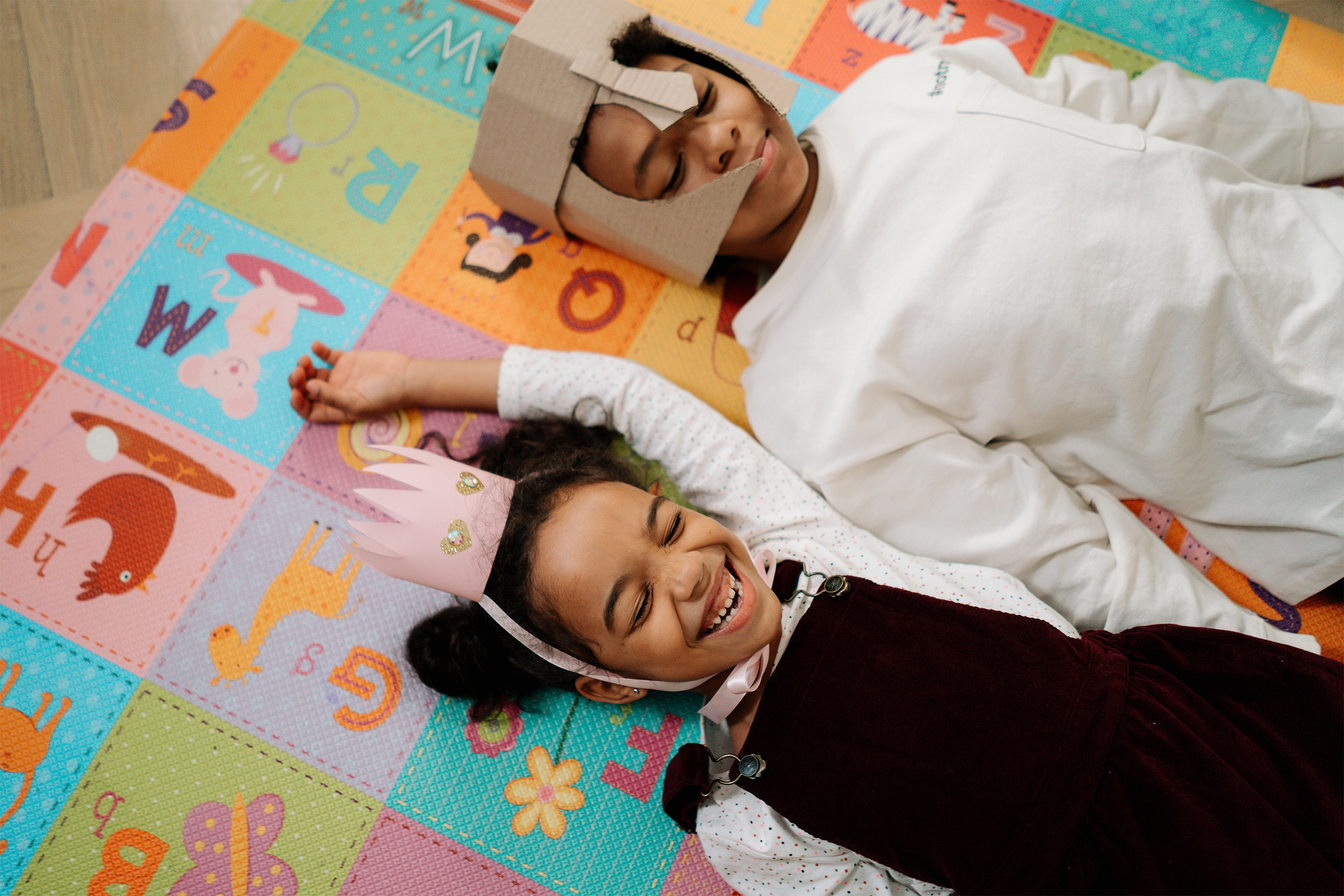First of all, it’s important to know that conflicts are normal and inevitable. They support a child in building their identity – in other words to differentiate themselves from others, and to assert and compare themselves in order to get to know themselves better. They also learn various skills that will serve them throughout their life: resolving conflicts, negotiating, managing their emotions, etc.
Tips and Strategies for Everyday Life
• Tell your child about the positive characteristics that make him or her unique. We avoid comparisons with other siblings (“Look, your brother is capable of…”).
• It’s very important that the family rules are known. This can be done by displaying them, by indicating what is expected, what is prohibited and what will happen as a result of bad behavior. Being consistent with the rules you put in place means that the child knows what will happen if the instructions are not followed. We avoid “surprise” consequences that vary from time to time.
• We refrain from using the accusatory word “you”. For example: “You always try to annoy your brother”. This crystallizes the child in to a negative role.
What to do when things get out of hand
• When we feel the tension rising, we tell our children that we’re aware that there is a misunderstanding “I heard you and I trust you’ll find a solution”. Therefore, we avoid rushing in to manage for them.
• We try to stay neutral by not taking sides with one child or the other. We also refrain from asking the older child to repeatedly compromise on the pretext that he is older.
• When the conflict becomes more serious, we support our children while letting them manage the situation. We support them in the following way: we let each child express their point of view. We summarize and ask them to find a solution themselves, and we advise that we’ll be back in a few minutes. We warn them that if a solution is not found, then we will decide for them.
• Warning! If it escalates into physical or verbal violence (insulting, denigrating, hitting, etc.) it’s zero tolerance! We separate the children, we ask them to go and calm down. We then review the situation and question what to do in the future. If necessary, a logical consequence is applied (correcting your mistake, for example).
Even though conflicts seem to cause rivalry, remember that they also help build ties and the bond between siblings.



Leave A Comment